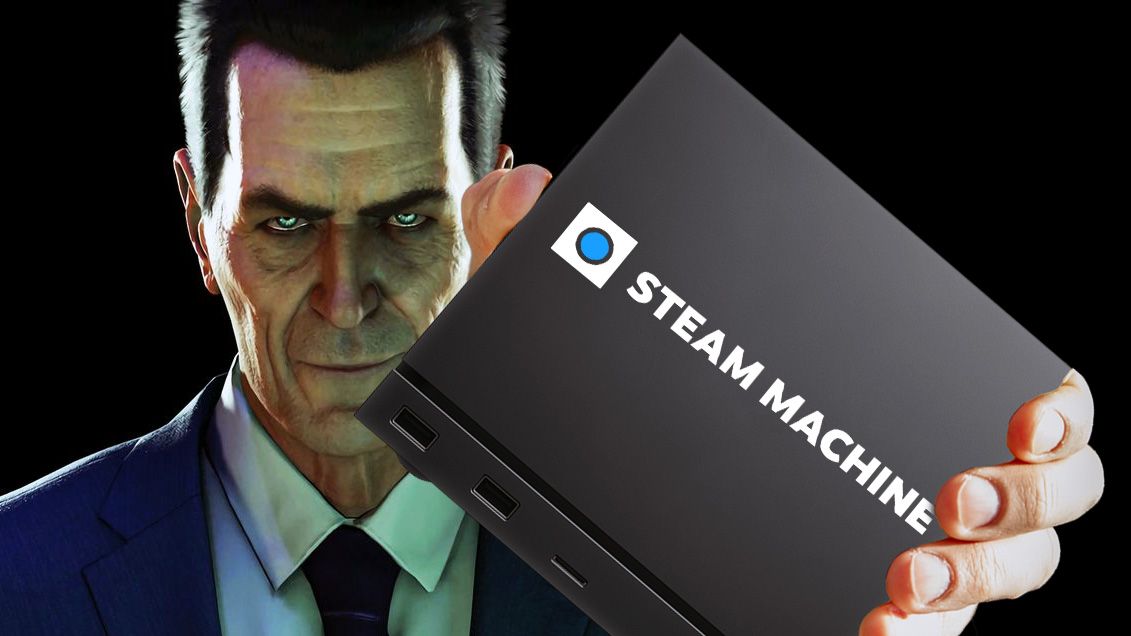
Valve, the company behind the popular Steam platform, surprised everyone today with three new hardware announcements. They’re bringing back the Steam Machine, a small PC they previously discontinued, and also reviving the Steam Controller. Perhaps most excitingly, they unveiled the Steam Frame, a new VR headset that follows up on the well-received Valve Index. I personally find the return of the Steam Machine to be the most noteworthy announcement.
It’s hard to find a PC gamer who hasn’t heard of Valve and its platform, Steam. Valve is famous for creating incredibly popular and influential games, like Half-Life, which really shaped the first-person shooter genre.
Following the huge popularity of the Steam Deck handheld gaming PC, Valve appears to be using the knowledge gained from its SteamOS (based on Linux) and the Steam Deck’s widespread use – including the OLED model – to create a new line of small gaming PCs. This isn’t a completely new idea for Valve, as they’ve explored similar concepts in the past.
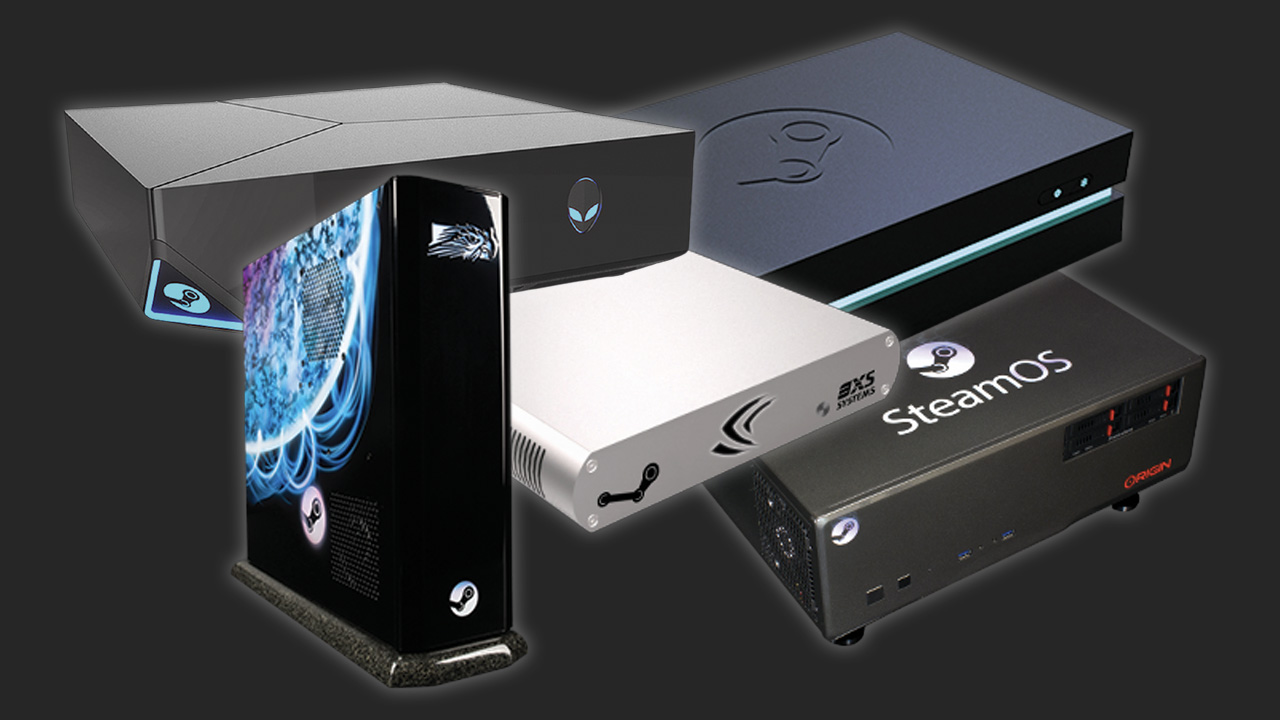
In 2014, Valve announced several companies that would be building their own versions of Steam Machine PCs, with prices starting as low as $499 and reaching the level of high-end gaming computers available at the time. Notably, the original $49.99 Steam Controller was included with every Steam Machine in that initial lineup – a feature not found in the newer Steam Machine models.
Steam Machines revealed at CES 2014
- Alienware
- Alternate
- CyberPowerPC
- Digital Storm
- Gigabyte
- Falcon Northwest
- iBuyPower
- Materiel.net
- Origin PC
- Next
- Scan
- Webhallen
- Zotac
If you follow PC gaming, you’ve probably heard of brands like Alienware and Gigabyte. Both are still popular in 2025, though they now focus on different products. Gigabyte, similar to Zotac, is best known for parts you put *inside* your computer, like motherboards and graphics cards.
What happened to the first adopters?
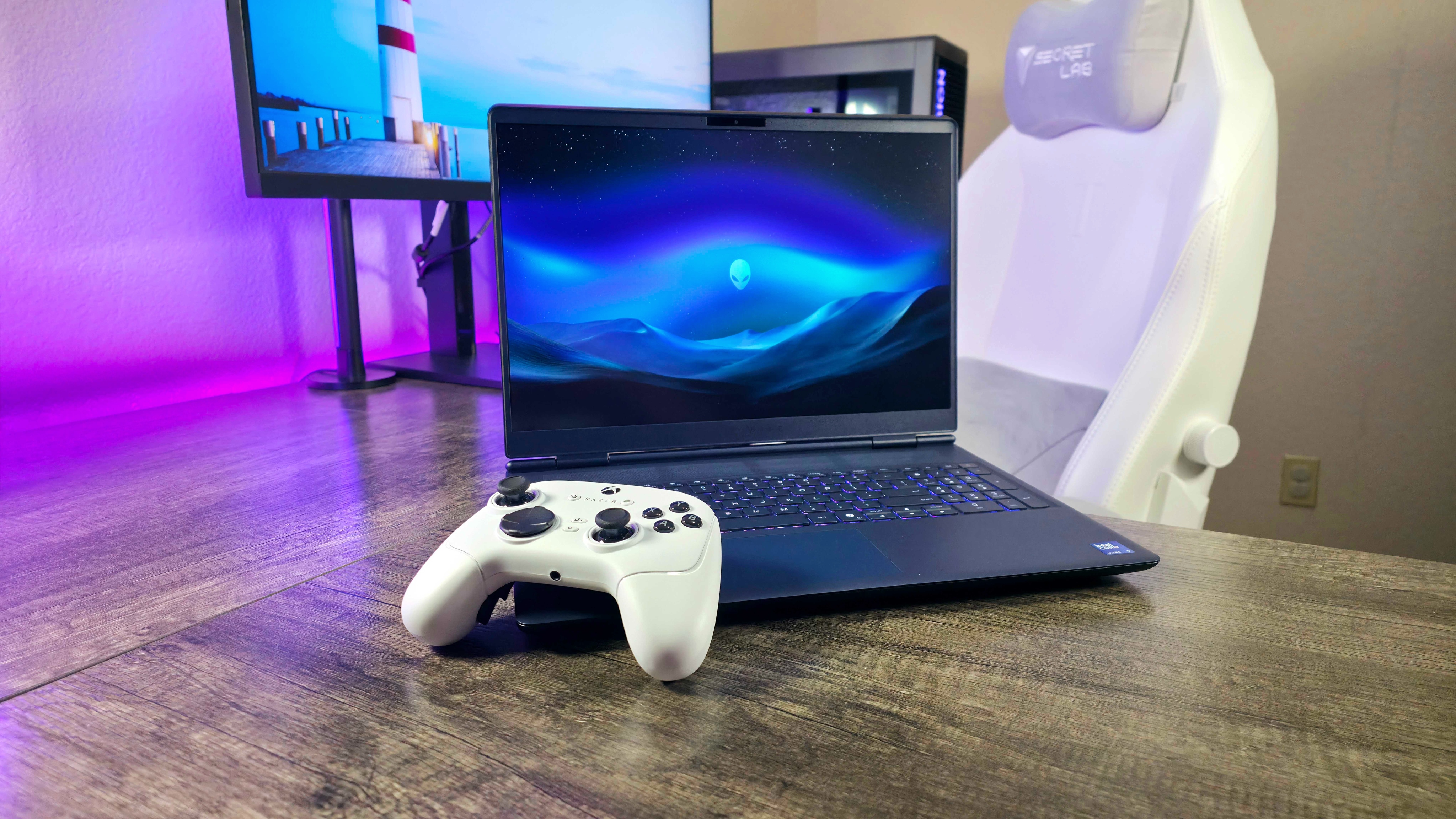
Alienware continues to focus on gaming hardware, offering popular laptops like the Aurora 16|X and high-performance desktop PCs such as the Area-51. When the Steam Machine was first announced, we were more interested in the news surrounding Windows 8 at CES 2014 (our apologies, Valve!). While PC Gamer reviewed the Alienware Steam Machine, Linux gaming at the time didn’t seem like a serious competitor to Windows, and the machine itself didn’t make a strong impression.
Would Alienware come back for another Steam Machine? My gut says no.
With Valve improving SteamOS and making Windows games compatible through Proton, could Alienware try building another Steam Machine? It seems unlikely, but not entirely impossible. Dell, Alienware’s parent company, hasn’t pursued a handheld gaming PC, even though they previously explored the idea with the Alienware UFO, which makes a new Steam Machine seem doubtful.
At first, a portable handheld gaming device and a small desktop computer seem very different. But if you take away the screen and buttons, the core technology inside is surprisingly similar to what you’d find in a mini gaming PC. Alienware clearly has the skills to create a sleek, quiet desktop in the style Valve is aiming for. However, unless they genuinely try making a handheld device first, I doubt they’ll be able to successfully create a Steam machine.
Which gaming brands make more sense?
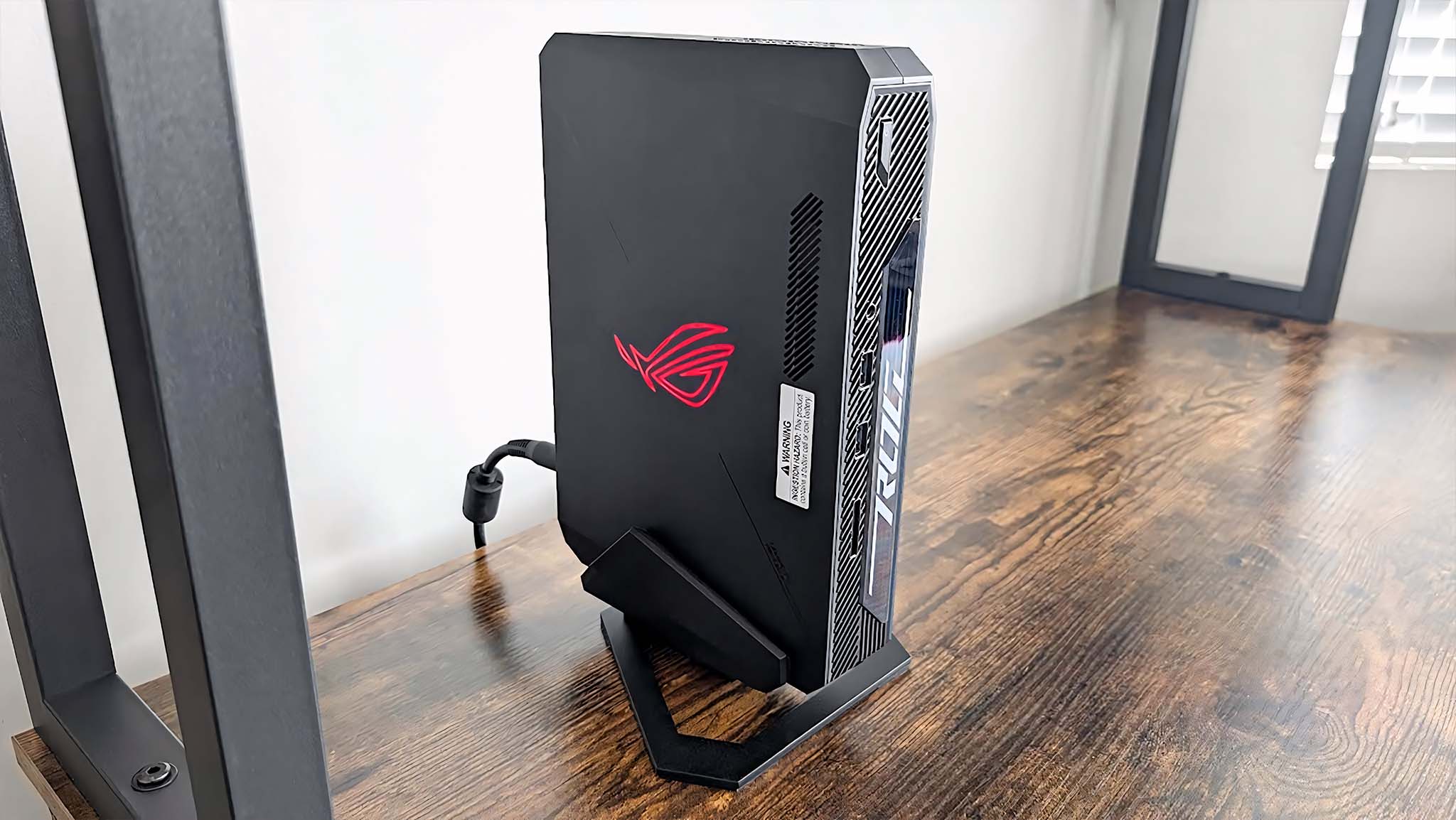
Several manufacturers are now capable of producing small gaming PCs, but ASUS is quickly becoming a leader in the market for handheld-style mini PCs. If you’re familiar with the Steam Deck, you’ve probably heard of the ASUS ROG Ally, which was the first Windows device to seriously compete with it. I still recommend the ROG Ally with its Ryzen Z1 Extreme processor, especially because it works so well with PC Game Pass.
I’m really hoping Lenovo jumps into the Steam Machine market! It would make so much sense for them to build one under their Legion gaming brand, alongside the Legion Go and whatever comes next, the Legion Go 2. Honestly, I think they’re even *more* likely to do it than ASUS. They’ve already dipped their toes in with SteamOS on the Legion Go S, so they clearly see the potential and have some experience with Valve’s operating system. It feels like a natural fit!
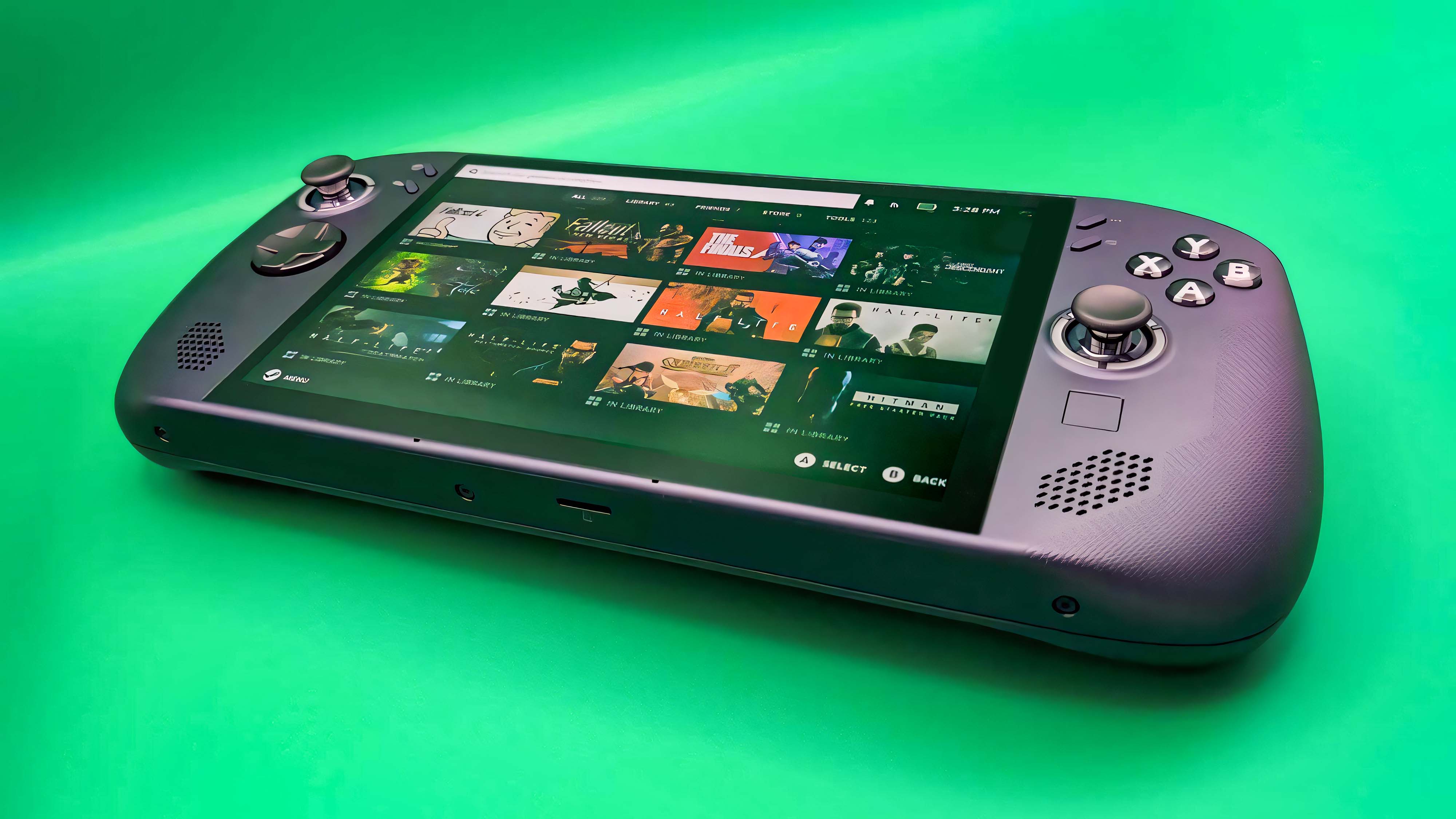
Given their work on devices like the Acer Nitro and MSI Claw, I expect Acer and MSI to also enter this market. Though MSI hasn’t confirmed US availability for AMD-powered Claw models, it’s likely they’ll participate. I think we’ll see existing companies expanding their handheld offerings rather than companies like Falcon Northwest returning, or even Razer, known for gaming, finally entering the space.
Given their past work with portable devices, it’s likely Acer and MSI will also start offering similar products soon.
It’s important not to dismiss Valve’s own hardware development. Their upcoming Steam Machine, though visually similar to the Xbox Series X, has the potential to be excellent, especially considering the success of the Steam Deck. If they can price it competitively with consoles, it’s definitely a contender – I’m already saving up for it, hoping anti-cheat issues are resolved by launch. However, I’d be even more interested in a similar device from another manufacturer like Razer, if they offered extra features or a more appealing design, rather than just continuing to produce large, powerful gaming laptops.
Read More
- How to Get the Bloodfeather Set in Enshrouded
- Gold Rate Forecast
- Where Winds Meet: How To Defeat Shadow Puppeteer (Boss Guide)
- Best Controller Settings for ARC Raiders
- Survivor’s Colby Donaldson Admits He Almost Backed Out of Season 50
- Best Werewolf Movies (October 2025)
- Silent Hill 2 Leaks for Xbox Ahead of Official Reveal
- 32 Kids Movies From The ’90s I Still Like Despite Being Kind Of Terrible
- These Are the 10 Best Stephen King Movies of All Time
- 10 Movies That Were Secretly Sequels
2025-11-12 21:46